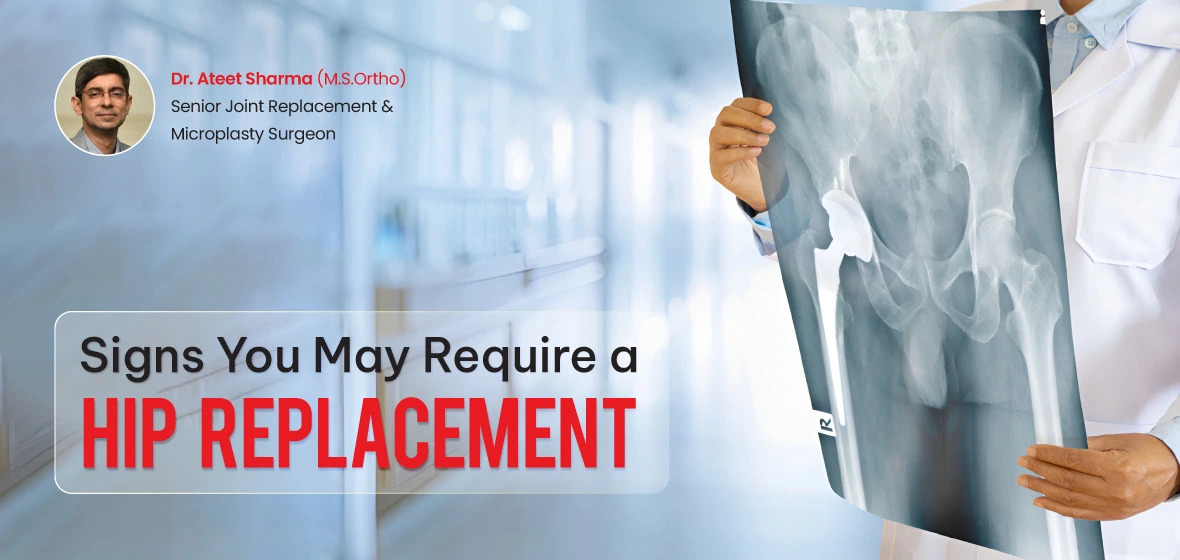Should I Keep Walking with Hip Pain?
If you experience pain in your hip, pay attention to your body's signals. Even if the pain is mild, it is important to avoid walking as it could worsen the underlying issue. Hip pain may be a sign of an imbalance or injury that requires attention.
-
If you experience pain in your hip, pay attention to your body's signals. Even if the pain is mild, it is important to avoid walking as it could worsen the underlying issue. Hip pain may be a sign of an imbalance or injury that requires attention.
-
Walking with hip pain can put added stress on the joint, potentially worsening inflammation and discomfort. Moreover, altering your gait to compensate for the pain might inadvertently strain other muscles or joints, leading to further complications.
-
Instead of soldiering on through the discomfort, it is wise to take a step back and give your hip some rest. Avoid activities that exacerbate the pain and consider consulting with a healthcare professional. They can help determine the root cause of your hip pain and recommend appropriate treatment options.
-
Sometimes, simple remedies like rest, gentle exercises prescribed by a physical therapist, or over-the-counter pain relief medication can provide relief. However, if the pain persists or worsens, or if you can recognize the signs you may need a hip replacement, further evaluation, such as imaging tests, may be necessary to assess the extent of the issue.
-
In more severe cases, surgical intervention might be required to address the underlying problem. By seeking prompt professional guidance for your hip pain, you can take proactive steps to manage discomfort and promote healing. Remember, your health and well-being should always take precedence.
What is the Quickest Way to Recover from a Hip Replacement?
Recovering from hip replacement surgery requires a comprehensive approach that promotes healing and restoring mobility. While there is no shortcut to recovery, adhering to strategies can help facilitate the process and enhance outcomes.
-
First and foremost, it is crucial to follow the surgeons’ instructions. These guidelines encompass various aspects of post-operative care, including wound management, medication usage, and activity restrictions. Adhering to these instructions diligently can reduce the risk of complications and expedite healing.
-
Physical therapy plays a pivotal role in hip replacement recovery. You will work with a qualified physical therapist to participate in a rehabilitation program. The program aims to improve your hip joint's overall mobility by strengthening muscles and enhancing flexibility. Consistently attending physical therapy sessions and adhering to prescribed exercises at home are essential elements of the recovery process.
-
Pain management is another crucial aspect of recovery. Your doctor will prescribe pain medication to help alleviate discomfort during the initial stages of healing. It is necessary to take these medications as directed to ensure adequate pain relief while avoiding overexertion.
-
Taking proper care of wounds to prevent infections and ensure optimal healing. It involves keeping the surgical incision clean and dry, changing dressings as needed, and monitoring for any signs of infection, such as redness or swelling.
-
Depending on your circumstances, your surgeon may recommend using assistive devices such as walkers or canes to support mobility during the early stages of recovery. These devices help reduce stress on the new hip joint and reduce the risk of falls.
-
Maintaining a healthy lifestyle is conducive to recovery. Eating a nutritious diet, staying hydrated, getting plenty of rest, and avoiding smoking and excessive alcohol consumption can all contribute to improved healing outcomes.
-
As you progress in your recovery, gradually increasing your activity level is necessary. To start your physical therapy, begin with gentle exercises recommended by your therapist. Gradually, you can move on to more challenging activities and daily tasks. It helps you build your strength and endurance over time.
-
Regular follow-up appointments with your surgeon are essential for monitoring your progress and addressing any concerns or complications that may arise. These appointments are an opportunity to check your progress and make any necessary changes to your treatment plan. It will help you in your healing process.
Seeking early intervention from a skilled orthopaedic surgeon like Dr. Ateet Sharma can help restore mobility, alleviate pain, and improve your overall quality of life through hip replacement surgery. Remember, early diagnosis and intervention can lead to a more successful outcome and a faster return to an active and pain-free life.

